
Keeping Your Brain Young And Your Mind Happy
In observance of Mental Health Awareness Month, this article focuses on the importance of maintaining a balanced emotional and psychological well-being and the simple things you can do to achieve it.

In Othello, Shakespeare said that “our bodies are our gardens, to which our wills are gardeners”.
When your mind is happy and inspired, it becomes easier to work on the physical and social aspects of your life. It creates a ripple effect; having a healthy mind motivates you to take care of your body more, improves your relationships with others, and even helps you do your job more efficiently.
When the gardener is happy and inspired, the garden flourishes to its maximum potential.

The good news is that you only need to make a few tweaks on how you go about your daily habits for you to take care of your mind. Below are some suggestions on how you can pamper yourself.
Incorporate mindfulness into your daily routine
Here’s a great place to start: enhance your routine activities by practicing mindfulness. Being mindful is being fully present in terms of where you are and what you’re doing. It’s like the opposite of being on auto-pilot; it’s when you’re completely aware of what’s happening. When you incorporate mindfulness into ordinary activities such as, say, brushing your teeth, that means you’re focusing on the senses involved in that process. Linger over the minty flavor of the toothpaste, feel the soft brushes as they touch the inner walls of your mouth, listen to the faint scrubbing noise of each brushstroke! It’s good for the brain and it’s something you can do anywhere, anytime!

Here are some easy-to-do mindfulness exercises to start you off:
- Yawn and do some stretching for 10 seconds every hour (you can do a fake yawn to trigger a real one). Say “ahh” as you exhale. You will notice how a yawn interrupts your thoughts and feelings, bringing you into the present.
- Look out the window and choose a natural object (flower, insect, clouds, etc). Focus on it for a minute or two. Look at it as if you are seeing it for the first time. Explore every aspect of its form and structure, and allow yourself to be consumed by its presence.
- Mentally list down 5 things in your day that usually go unappreciated. It can be objects, events, or people. The goal is to appreciate things that support our existence but seldom get attention. For example: the electricity that powers your kettle, the barista at your favorite coffee shop, your blankets that provide you warmth, your nose that lets you smell food, and so on!
Take time to (completely) disconnect from work
We get it — some of us may find it tough to draw the line between work and personal life. Simply turning off work email notifications or ignoring work-related calls may give you feelings of anxiety and ultimately ruin the “me” time you’ve set for yourself.
Research has proven that poor work-life balance can adversely affect our leisure pursuits and our interpersonal relationships. Yikes. That’s a big “nope, can’t let that happen”, right? You deserve to grant yourself the ultimate treat: downtime.

You can maintain a healthy work-life balance with a few simple steps to gain more time:
- Prioritize tasks — meaning, don’t do everything at once. Separate out urgent, important, and non-time-sensitive tasks.
- Stick to your plotted work and personal hours. Create a realistic deadline for tasks, and make it a habit to give your schedule regular glances so you won’t get sidetracked. Block out times for appointments that can’t be changed or pushed back.
- Make technology your friend; use task management apps like Todoist or OmniFocus to help you stick to your schedules.
New rule: Deflect negativity
If you’ve been very generous with your time and allowing negativity to eat up your time and energy, perhaps it’s high time you steer clear of things that bring you down. You can start by guarding your time. For instance, if you feel like a certain activity or conversation has left you feeling drained or exhausted, you can follow it with something fun and productive to regain the positive energy you’ve lost.

The key is to consciously choose the way you deal with negative energy. Choose to follow social media accounts that make you feel calm and relaxed. Choose the company of positive people — those who are guaranteed to make you laugh, think creatively, or generally make you happy. Notice how a day or two without negativity can go a long way!
Learn a new skill
Keeping your brain young means you need to keep using its magic, but not for the same old tricks! Surely, there’s always that one thing you’ve wanted to learn since forever. Maybe you want to learn how to cook, or how to drive a stick shift, or how to play the piano. Maybe you want to learn graphics design or video editing. The possibilities are endless, and it’s not just about expanding your skillset but also keeping your brain young!

Your brain chemistry changes when it acquires new knowledge. The white matter in your brain, called myelin, is the part that deals with performing tasks. When you learn a new skill and you keep practicing it, the myelin becomes denser. That means you learn faster and you adapt easier, which makes you less susceptible to stress! EXTRA TIP: You can find lots of free skills classes online, like Duolingo.com if you want to learn a new language, or Origami.me if you want to go the artsy route. Skillshare offers courses on technical subjects, business, and entrepreneurship, programming, but also writing, painting, personal branding, and other creative topics.
Make a habit of doing good deeds
You know that rush you feel after doing something nice for a friend? Followed by being motivated to do more? You noticed how, even after several hours of volunteering, you still feel relaxed?

There’s a science behind that. People who frequently perform acts of kindness to others have 23% less cortisol (the hormone responsible for stress). That means having a habit of doing good deeds is actually a form of caring for your mind! When you do something nice for someone, it lights up your brain’s pleasure and reward centers, as if you were the recipient of the favor and not the giver. Scientists call it “helper’s high”.
You can do random acts of kindness by sparing just a few minutes of your day! With your phone, you can play “Free Rice”, a trivia app that lets you donate 10 grains of rice to the United Nations World Food Progamme for every question answered correctly! EXTRA TIP: Since 2014, Free Rice has already donated more than 100 billion grains of rice to combat world hunger! Here’s another good one: UNICEF’s Tap Project asks for phone users to stay off their phones for 15 minutes and they will donate a day of water to a child in need. Not only is this a good deed, but it also keeps people off of their phones and focused on more important things! These simple acts can add a great deal of value to your day without costing you anything other than just a little bit of time!

It’s important to keep looking for ways to give your brain the pampering it deserves. If you want to be a better person for yourself and others, you need to have a healthy mind and body. You know what they say — you can’t pour from an empty cup!



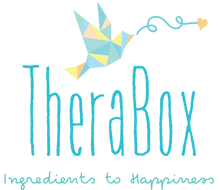

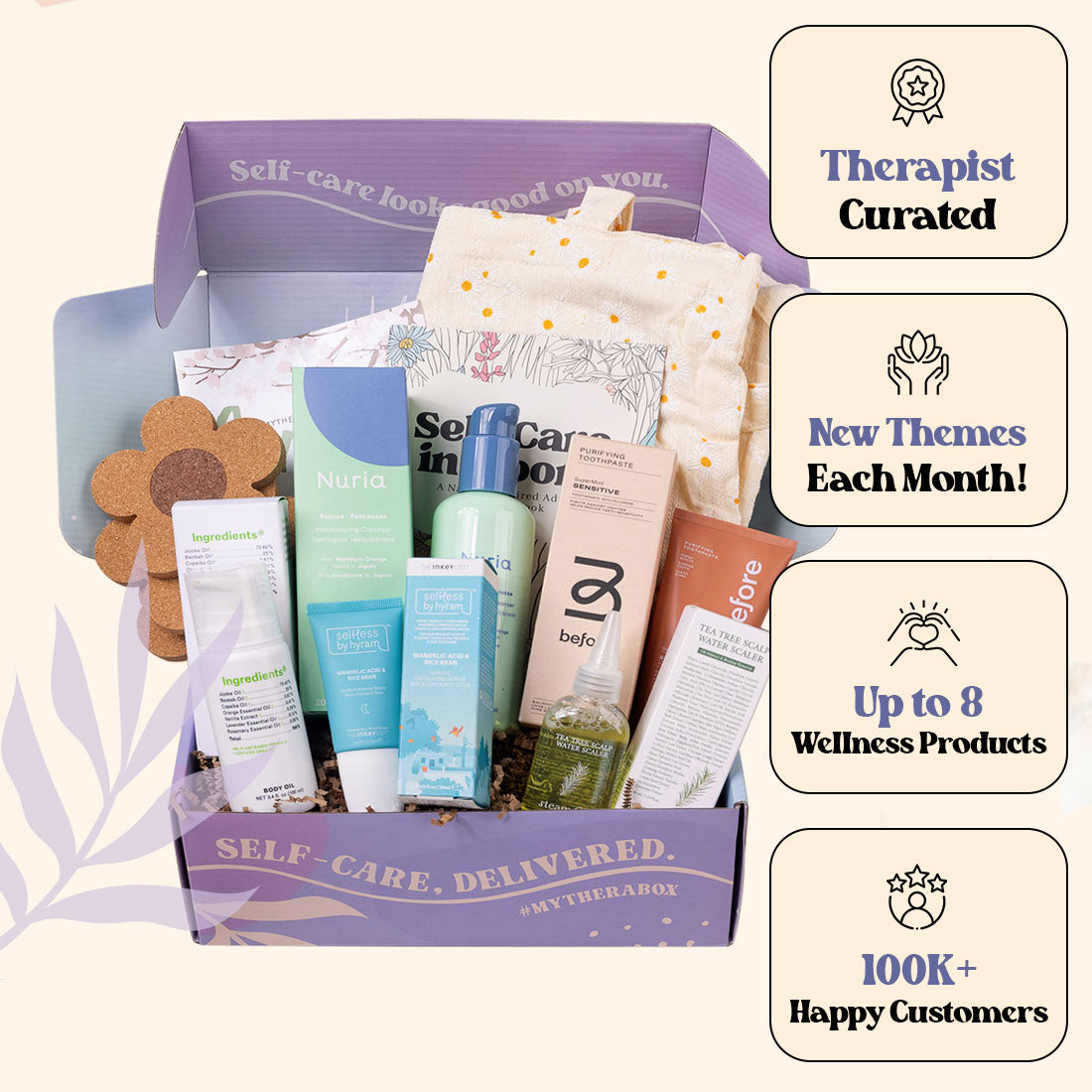




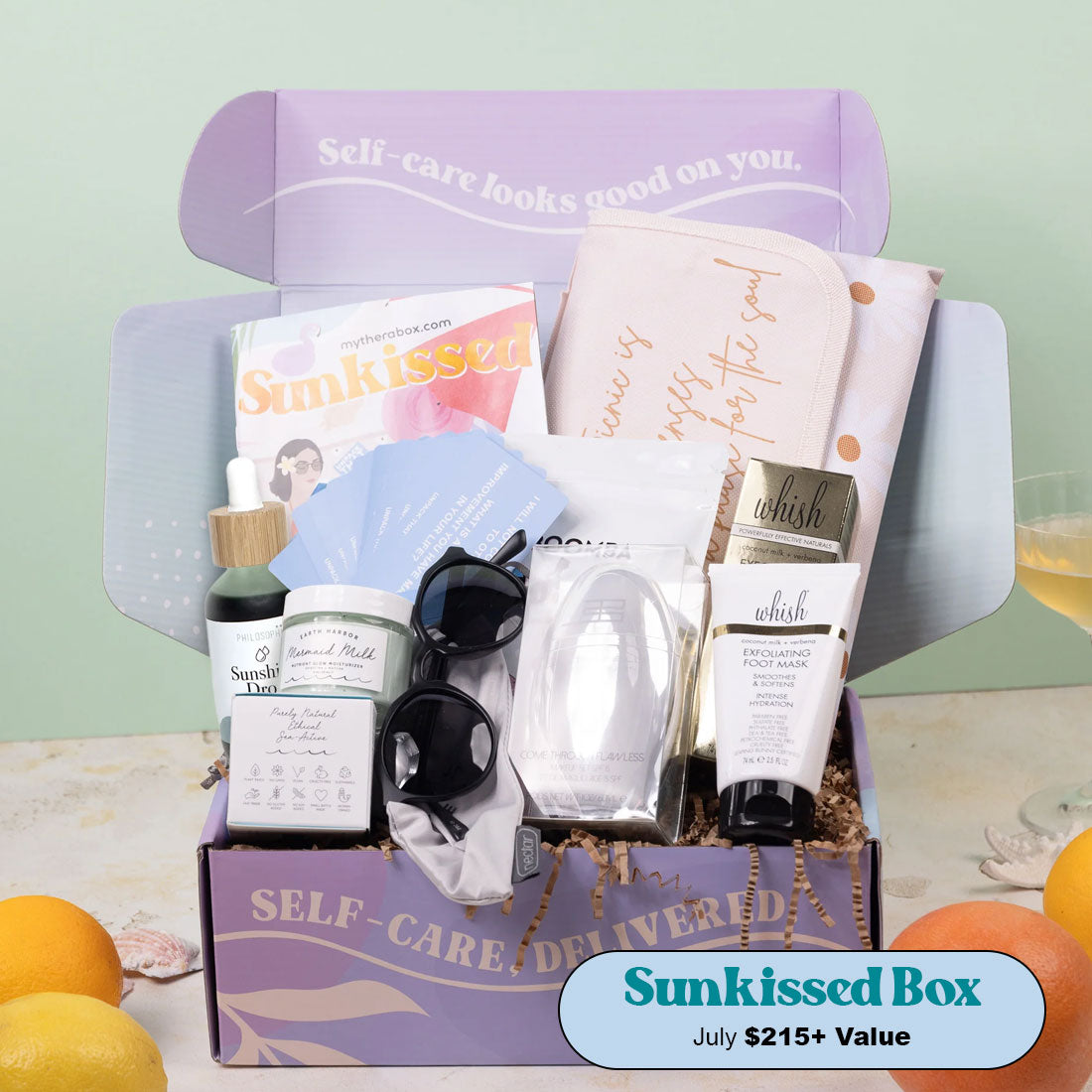
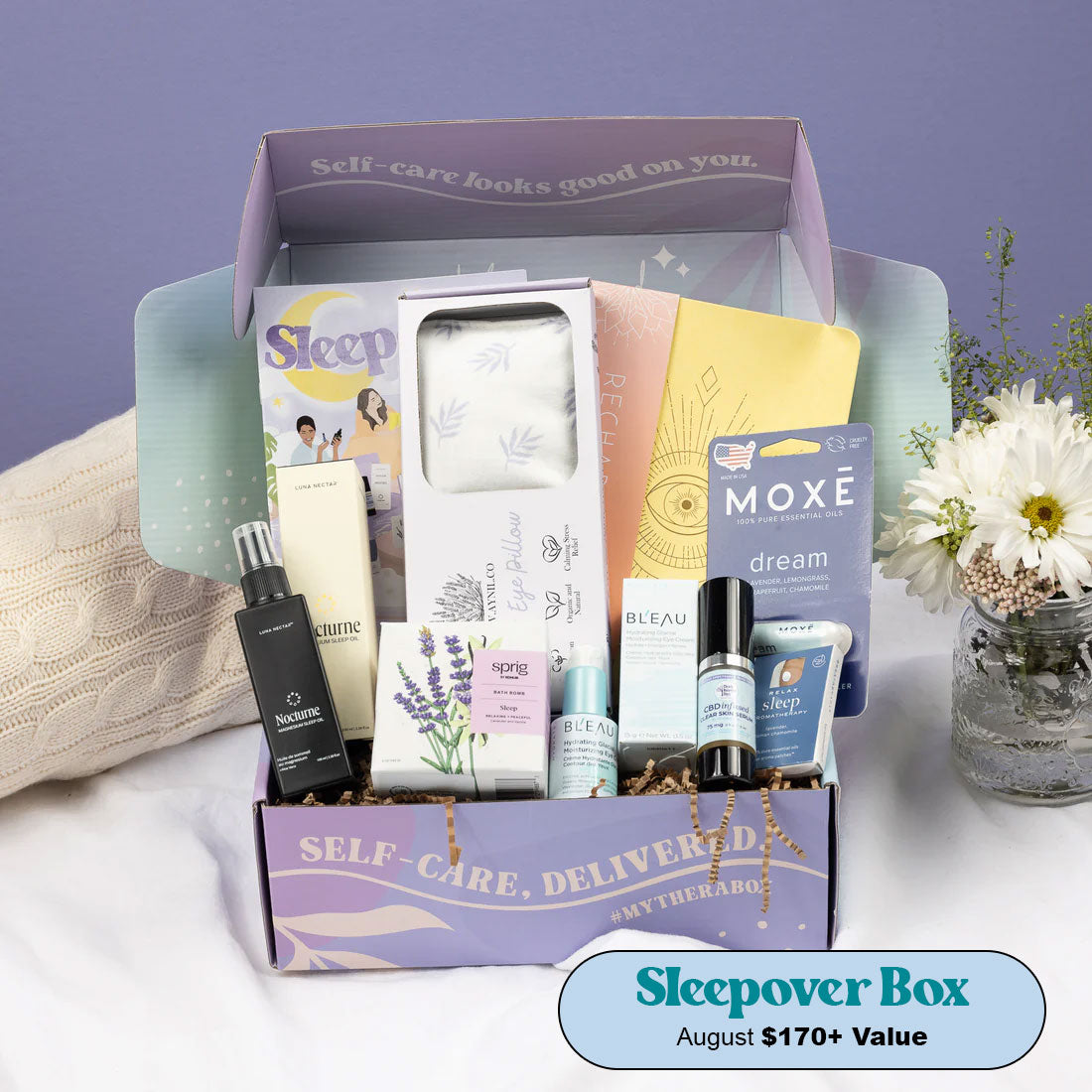
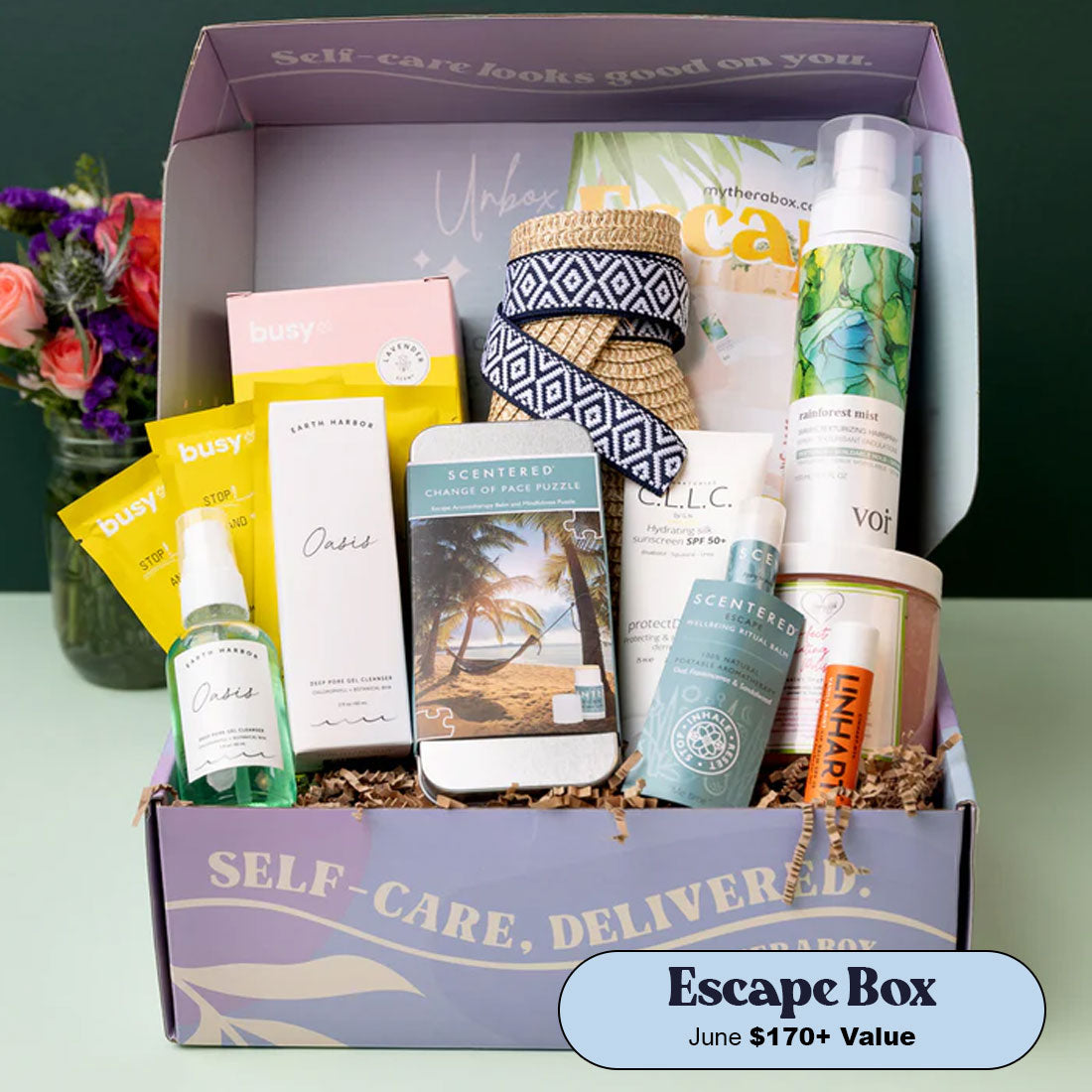
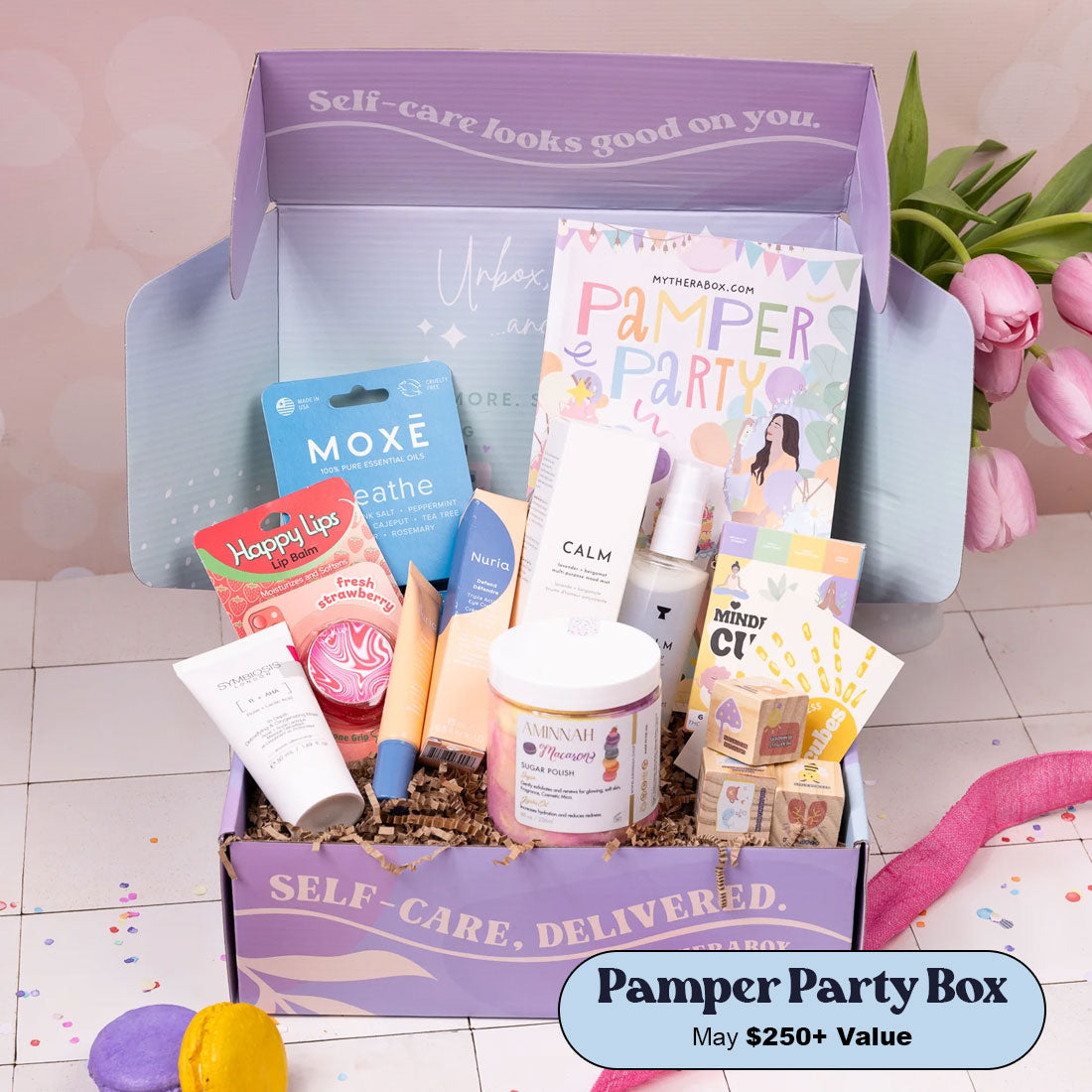
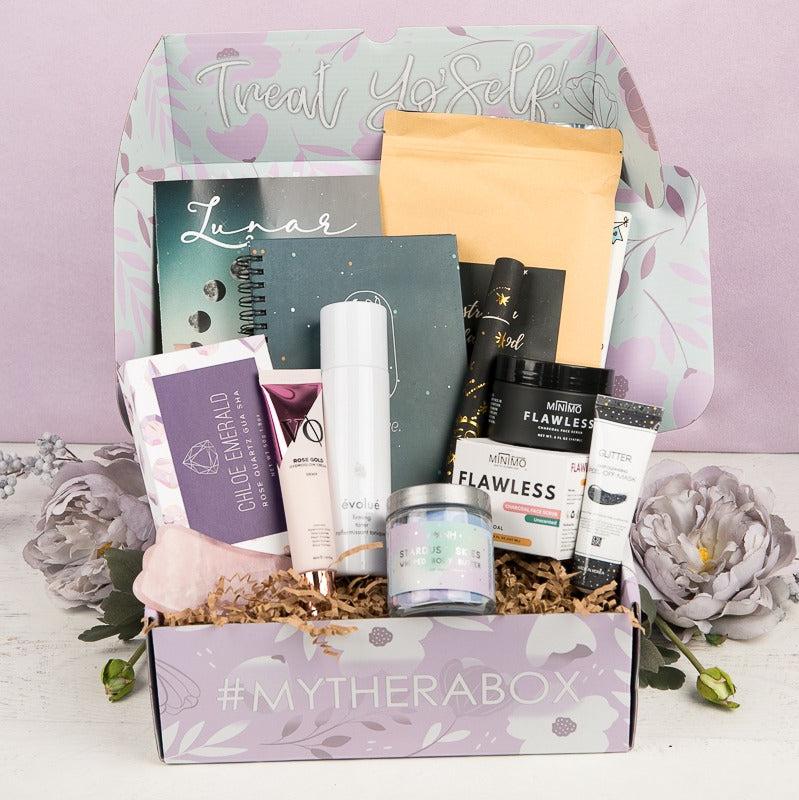
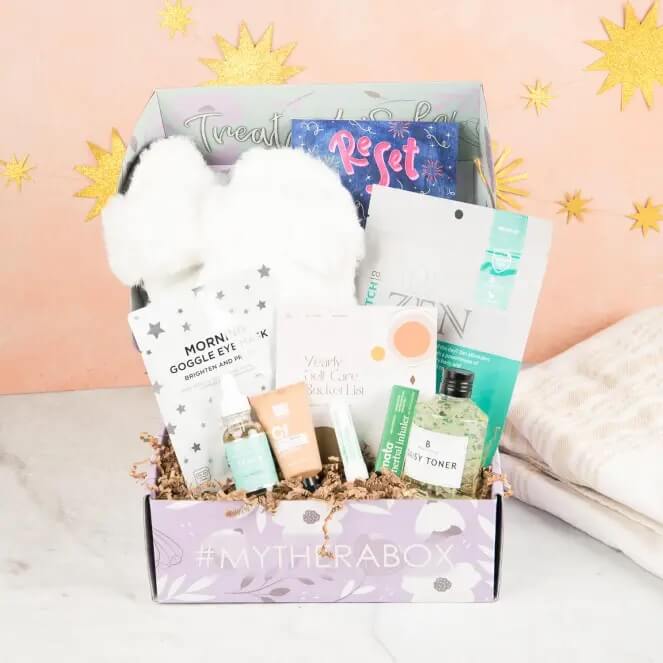


Leave a comment